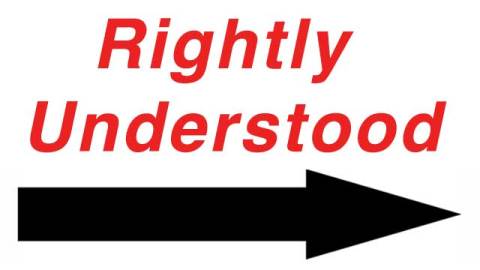Being Stuck With Virtue

Let me open this blog with a realistic statement: It is and will remain the case that the best way to feel good for members of our species is to be good.
It’s obvious to me that the biotechnological promise to free us from the constraints of virtue for the happiness that accompanies pure freedom will never be kept. We’ll never achieve immortality—or some absolute transcendence of the limitations of embodiment. The best we might achieve is a kind of indefinite longevity, which would make death seem more accidental and so our beings more contingent and our moods more anxious than ever. Even if our moods become chemical silly putty in our hands, we still wouldn’t have what it takes to choose the moods that make us most happy with being who we really are.
We, in our pride, don’t want the zoned-out contentment we imagine cows have. We want to remain alienated enough to appreciate Johnny Cash, without going through the hell of being Johnny Cash. We want to be artistic and sensitive as we can be while being, unlike John, cheerful and productive members of our high-tech society. And anyway, if our moods got too good, we would stop obsessing enough to fend off the real threats to our very being—like terrorists, asteroids, and such. The search for the perfect mood inevitably leads us to realize that the good stuff (like love and pride) depends on the hard or bad stuff (like worthwhile work and death), and once we achieved that sort of wisdom, it seems to us, we wouldn’t want our moods chemically altered after all.
We have an inalienable right to our moods, in part, because they aren’t random collections of chemicals but natural clues to the truth about who each of us is. We also have a right to our moods because what we’ve been given by nature, if used well or virtuously, is good enough. Nature, Darwin was right to say, intends members of all the species to be happy by living according to nature. But the great anti-communist dissident Aleksandr Solzhenitsyn added that we weren’t born only to be happy, because we were also born to die. The way to be happy is to live well with what we can help but know who we are as self-conscious mortals.
We’re stuck with virtue as human beings. There are natural reasons for that. We’re hardwired for virtue, so to speak, because we’re hardwired for a kind of language and or speech that opens us to the truth about ourselves and our world that no other animal can acquire. And we really can’t change our hardwiring in a way that will make us both distinctively or proudly human and genuinely happy—and we want both—without being good, without acting in a truthful and morally responsible way.
So we need, above all, a realistic science of virtue that incorporates what we know through natural science, philosophy, theology, and the humanities generally.





